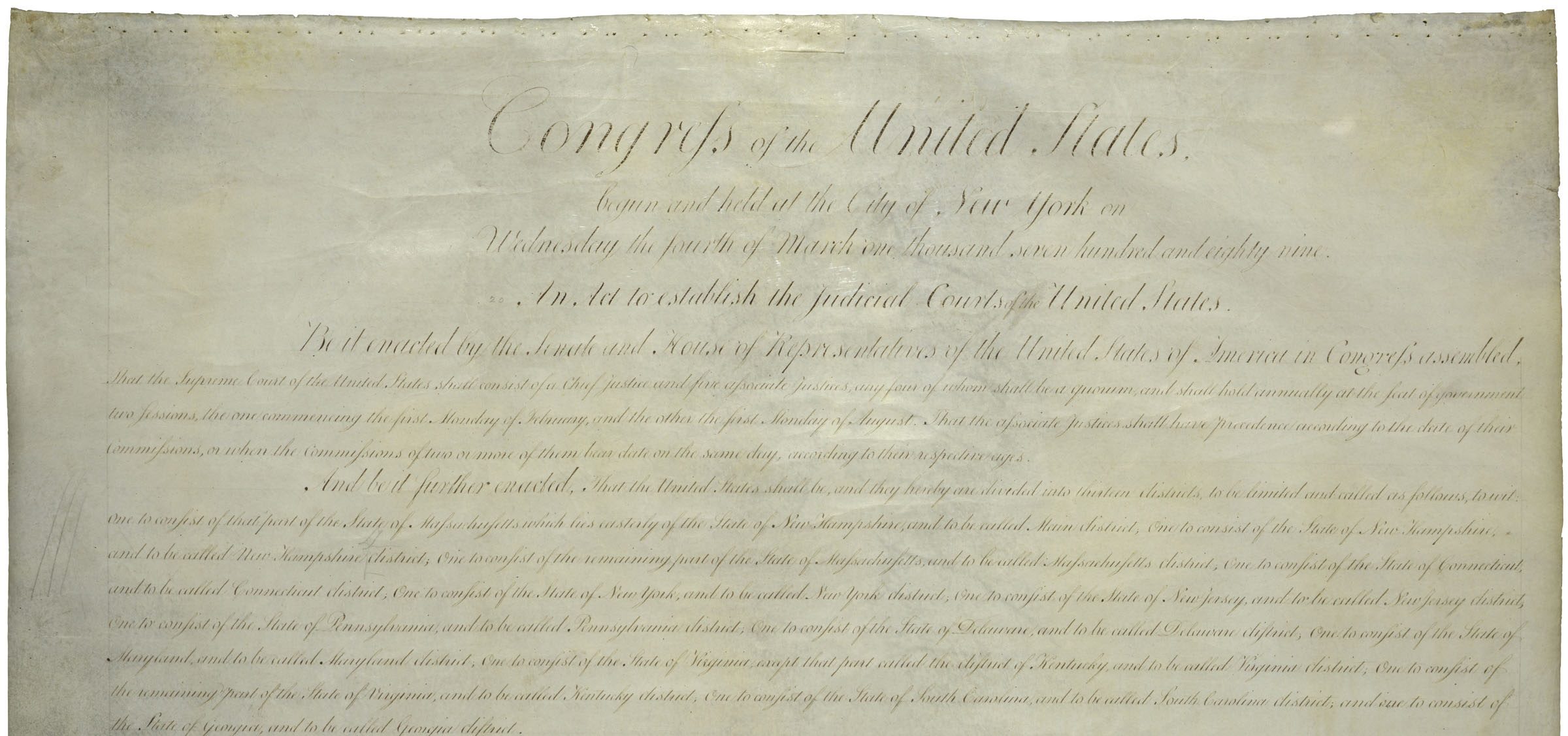In Rodriguez v. Hirshberg Acceptance Corp., No. 20-2184 (6th Cir. Mar. 14, 2023), the Sixth Circuit – while recognizing the district court’s “tremendous freedom in managing their caseload” – holds that a common procedural method of tabling inactive litigation, the “administrative closure,” has no foundation in the Federal Rules of Civil Procedure and recommends a more “straightforward approach” to managing such matters under Fed. R. Civ. P. 41(b).
In three Fair Debt Collection Practices Act actions, the parties determined “that a then-pending case in our Court, VanderKodde v. Mary Jane M. Elliott, P.C., 951 F.3d 397 (6th Cir. 2020), would likely resolve most of the issues in this case” and thus sought to suspend the cases until the Sixth Circuit decided that case. The parties asked for a stay, but the district court instead “chose to administratively close the case while VanderKodde ran its course.”
“The district court’s administrative closure order, entered in November 2018, instructed that within 14 days of this Court’s decision in VanderKodde, either party could move to reopen the case, and that the motion to reopen would be granted. The order went on to explain that it was issued ‘for administrative purposes only and does not constitute a decision on the merits.’”
After VanderKodde was decided, though, “[n]either party, however, moved to reopen this case within the 14-day window set out in the district court’s administrative closure order. In June, [plaintiff] Rodriguez belatedly moved to reopen the matter,” citing a misreading of the closure order and the onset of the COVID pandemic for delaying the filing. The district court denied the motion, finding no excusable neglect under Fed. R. Civ. P. 6(b)(1)(B). “Nowhere did the order reference Federal Rule of Civil Procedure 41(b), which allows a district court to involuntarily dismiss a case where a plaintiff fails to prosecute or otherwise violates a court order . . . . Nor did the court issue a separate judgment. See Fed. R. Civ. P. 58(a).”
The Sixth Circuit reverses, holding that the district court abused its discretion in not reopening the case.
“As these appeals turn on the implications of a district court’s administrative closure, we begin with a few words on the practice. Administrative closures are a tool of docket management . . . . Existing outside the Federal Rules of Civil Procedure, administrative closures primarily serve as a method ‘to shelve pending, but dormant, cases’ . . . . In effect, they amount to an ‘essentially ad hoc[] way in which courts remove cases from their active files without making any final adjudication’ . . . . The closing ‘has no effect other than to remove a case from the [district] court’s active docket and permit the transfer of records associated with the case to an appropriate storage repository.’ . . . . Needless to say, an administrative closure is not tantamount to a formal dismissal of a case.”
The problem with this method of case control is that it litters the docket with non-final orders that are not true dismissals, creating appellate-jurisdiction snarls and traps for the unwary. “Generally speaking, § 1291 does not create appellate jurisdiction over a decision to administratively close a case in and of itself . . . . The closure order is better characterized as clerical, meaning it lacks the finality necessary to be an appealable order . . . . For that reason, the November 2018 decision administratively closing the case would not be an appealable, final order.” Nevertheless, as in the present case, an order refusing to reopen such an “administrative closure” case does create a final, appealable order.
Here, reaching the merits of refusing to reopen the case, the panel holds that Fed. R. Civ. P. 6(b)(1)(B) is inapposite. “In a nutshell, Rule 6(b)(1)(B) is a means for extending a missed deadline once an action has been commenced . . . . Authority to extend a deadline, however, should not be confused with authority to dismiss the action altogether. To be sure, failing to meet a court’s deadline—original, extended, or otherwise—will likely have consequences for the dilatory party. But if the contemplated consequence is dismissing the party’s case, the district court must invoke authority other than Rule 6(b)(1)(B).”
Instead, “[a] straightforward approach would have been to turn to Federal Rule of Civil Procedure 41. Rule 41(b) affords a district court a means for disposing of a case where a missed deadline should be deemed dispositive. Fed. R. Civ. P. 41(b). If the district court believed dismissal of Rodriguez’s case was the proper course, it should have reopened her administratively closed case, and, upon doing so, applied Rule 41(b), avoiding the § 1291 finality and preclusion questions that ultimately ensued.” The panel thus reverses the order not to reopen the case and remands for consideration under Rule 41.
